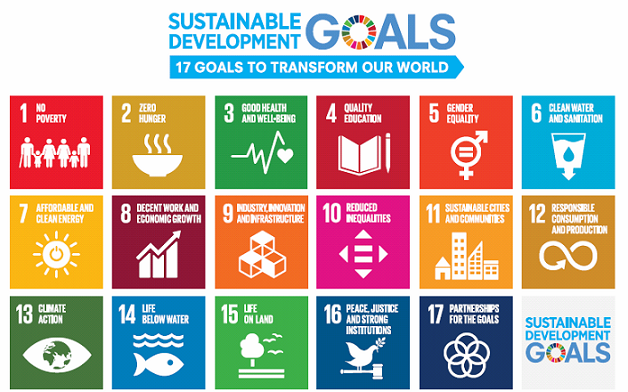Body
What is Sustainable Investing?
Sustainable investing otherwise known as ESG, allows investors to make a positive impact to both society and the environment whilst at the same time, participate in an area that is considered part of tomorrow’s growth story. There is no doubt that this important transition has been accelerated as we undergo a reset of society and our economic models, brought about by the pandemic.
Environmental: The ways in which companies approach climate change and the impact their operations have on the environment on things such as; greenhouse gases, waste, water contamination, air pollution and deforestation.
Social: The role that a company plays in their community. From how a company uses your information, safe working conditions for employees, upholding human rights and tackling modern-day slavery.
Governance: Companies taking leadership to ensure fairness in the work place, promoting diversity, tackling discrimination and stamping out bribery and corruption.
The Challenge
We have become ever more aware of some of the most pressing issues facing mankind – from the rise in carbon emissions in our atmosphere, plastics and chemicals polluting our oceans, coral bleaching brought about by rising sea temperatures, devastating wild fires destroying large sections of our precious rainforests to social inequalities and modern-day slavery. It’s fair to say that there is much to do if we want to face these challenges head on.
At Elmwood Wealth Management we advocate stewardship and believe we have a moral obligation to pass on a healthy and just world to future generations. That is why we have made it our mission to do our part for the environment and community. In doing so, we will donate 10% of all advice fees generated from investments into Sustainable/ESG funds to our chosen charitable foundations tackling some of these most pressing issues.
The Opportunity
Before the pandemic of 2020, sustainable investing was gaining in popularity as the world reacted to the wild fires devastating rainforests and communities from Australia to California. Fast forward one year and it is now seen as the future as the world transitions away from fossil fuels to cleaner energy via the ‘energy revolution’ we find ourselves in.
Whilst the concept of sustainable investing has been around for decades, it has become an increasingly popular theme in more recent times. This area, where environmental, social and governance (ESG) issues are factored into investment decisions, had long been viewed as niche. However By the end of 2020, total assets held in sustainable funds hit a record of almost $1.7tn, up 50 per cent over the year, on the back of a record year for sustainable fund inflows1 .
The transition to a long-term low carbon world is estimated to require $6 trillion per year of investment, of which 80% will come from the private sector2.
Some of the largest companies in the world have already brought their carbon footprint to zero – such as Apple3. Apple has also pledged to bring their entire carbon footprint to net zero by 2030, whilst Microsoft has set a target of 20504 BP has pledged to reduce their production of oil and gas by 40% by 20405 .These actions demonstrate the importance that companies are placing on tackling the challenge of climate change and will drive growth in new areas. It is expected that companies across the globe will undergo a monumental shift as the world is reshaped in accordance to meeting the United Nations 17 Sustainable Development Goals (SDGs).
References:
You can make a difference
Step 1
What are your ethical preferences and what is important to you? Through a process known as screening, a fund manager can exclude (negative screening) a company based on their involvement in activities that are adding to the problem. However those same companies could be included (positive screening), if they are making practical changes to their business models to address these issues. Sustainable investing covers many themes, from green investing that’s focused on the environment to blue investing which is targeted at the ocean and biodiversity.
Step 2
Sustainable funds offer a wide range of investment objectives – working with your financial adviser you can establish if this approach will match your ethical preferences whilst simultaneously being suitable investments in achieving your objective. You may want to take a more focus approach or be prepared to invest across a broader range of companies knowing that some good is being done.
Step 3
Once you have decided on your preferences, your adviser will conduct the necessary research and make a recommendation to you. Your advisor will manage the implementation of your investments and review with you as per our normal servicing commitments – should your ethical preferences change, this will ensure on-going suitability.

Warning Text

The value of investments and the income they produce can fall as well as rise. You may get back less than you invested.










